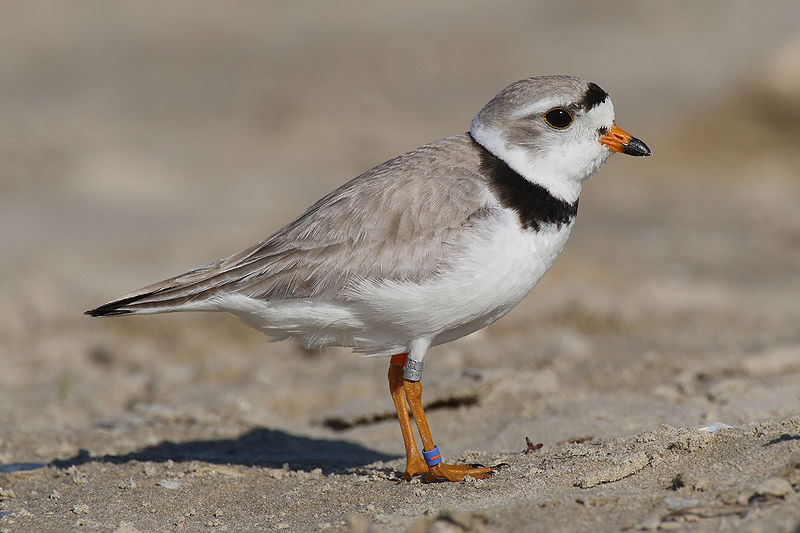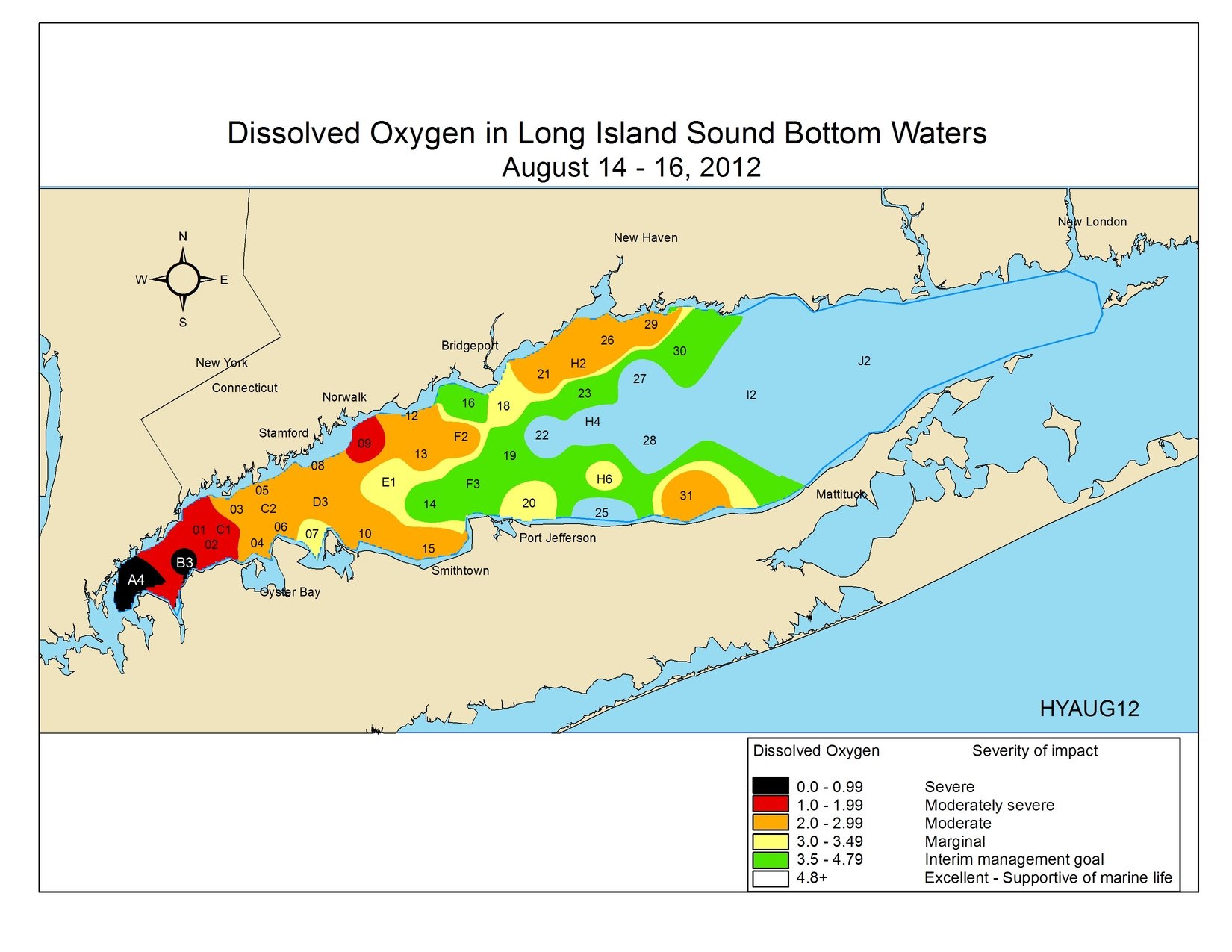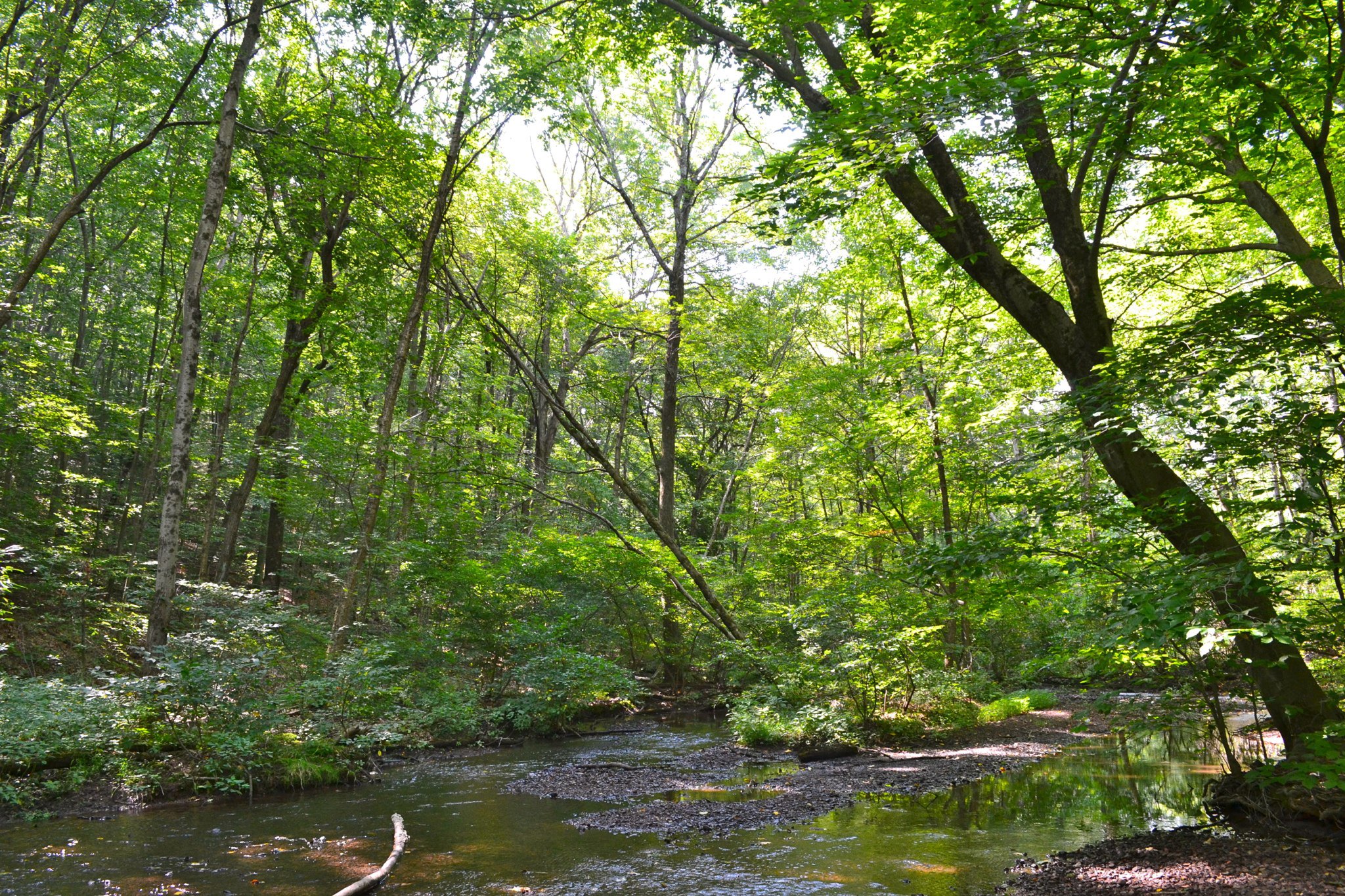What was the condition of Connecticut’s environment like in 2012? That’s a good question and one that the Council on Environmental Quality explores in its newly released 40th edition of Environmental Quality in Connecticut.
There were both improvements and declines to our environment in 2012. Last year, we saw more bad air days, more severe hypoxia (low-oxygen dead zone) in Long Island Sound, and “land conservation results that failed to put Connecticut back on track toward its goals.” In contrast though, in 2012 we saw fewer beach closings than in the previous year and the health of our drinking water improved.
Here’s a brief summary of what the report shows for 2012 (note: not all data is in yet for some portions):
- Connecticut had 338 good air days, four fewer than in 2011
- DEEP preserved 341 acres of land and state grants helped municipalities and land trusts acquire an additional 740 acres
- The state preserved 689 acres of agricultural land, down from the 1,975 acres preserved in 2011
- Heavy rain caused more beach closings than usual but not nearly as often as last year
- 51 pairs of Piping Plovers nested on coastal beaches from Stratford to Stonington

- The portion of the Sound that was safe for marine life all summer declined

- The area of shellfish beds unconditionally approved for harvesting did not change
- Approximately 80 miles of rivers received overflows of sewage during storms
- Bald eagles remained in Connecticut, even in our larger cities, with no decline from last year

Photo: CTDEEP
- 99.8 percent of all water piped to customers met health standards, up .1 percent from 2011
- The average resident took the bus at a frequency not seen since 2001, approximately 11.41 trips per person

Photo: Adam E. Moreira
- Compliance with environmental laws and regulations at inspected facilities declined slightly
- Progress toward the statewide goal of recycling was stagnant with only 24 percent of solid waste recycled
- 27,141 households purchased clean energy, up marginally from 2011
While some of this might seem discouraging, it does not mean that our pollution controls and resource management failed. According to the CEQ,
“Given the population density of this state, our air and waters would rival the planet’s worst if it were not for decades of successful environmental management. But the recent run of little change might cause the Connecticut resident to ask if current conditions are likely to stay the same for the remainder of his or her life. They probably will not.“
Here are a few of the key ingredients the CEQ says will lead towards an improvement in our environment:
- more efficient and technologically-advanced heating and cooling equipment and vehicles,
- investment in the basics of sewage treatment, land conservation, parks and other essential services,
- better patterns of land development and transportation, including a strategy for dealing with the rising Sound, and
- restoration of rivers, wetlands, parks, trails and greenways by state and local governments as well as nonprofit organizations and heroic individuals.
Posted by Rebecca Kaplan, director of communications for CFE/Save the Sound


